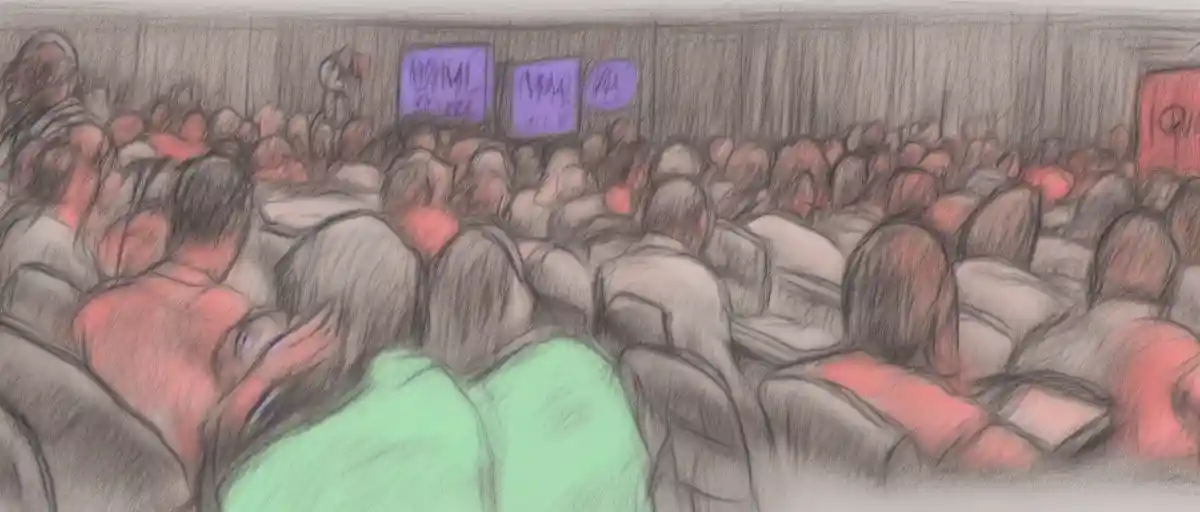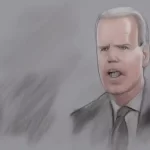This Could Also Be Right Up Your Alley:
Opinion:
The debate surrounding the minimum wage is a contentious one, with valid arguments on both sides. On the one hand, raising the minimum wage seems like a no-brainer. It has remained stagnant at $7.25 per hour for over a decade, while living costs continue to skyrocket. Increasing the minimum wage could help alleviate the financial struggles faced by low-wage workers and offer them a chance at a more decent life.
Proponents of a higher minimum wage argue that it is necessary to address income inequality. With the wealth gap widening, implementing wage increases becomes a crucial step towards creating a fairer society. By providing better financial support to low-wage workers, we can reduce the strain on public resources and ensure that individuals and families can meet their basic needs without relying on government assistance.
However, critics of raising the minimum wage caution against unintended consequences. They argue that businesses, especially small ones, may struggle to afford the increased labor costs. This could result in reduced job opportunities, layoffs, or even business closures. While the aim is to improve the lives of low-wage workers, there is a risk that raising the minimum wage could inadvertently lead to higher levels of unemployment, particularly for vulnerable groups such as young adults or those with limited skills.
Furthermore, opponents argue that market forces should determine wages, not government intervention. They believe that artificially increasing the minimum wage may disrupt the balance of supply and demand in the job market, distorting the true value of labor. Instead, they advocate for policies that focus on improving job skills and creating an environment that encourages business growth, ultimately leading to higher wages based on productivity and market dynamics.
End result, the minimum wage debate is a complex issue with valid arguments on both sides. While increasing the minimum wage may provide much-needed support to low-wage workers, it is essential to carefully consider the potential consequences, particularly for small businesses and job availability. Policy solutions should encompass a balanced approach that enhances skills, fosters business growth, and reduces income inequality. Ultimately, finding the right solution requires a nuanced understanding of the economic impact and the needs of both workers and businesses.
Here's A Video We Thought You Might Also Like:
Author Profile

- With a background in environmental science, I'm committed to raising awareness about sustainability and the urgent need for action, including the political dimensions of environmental policies and climate change.
Latest entries
 Breaking News2023.12.15Remarkable Revelations Hunter Biden’s Scandalous Business Connections Exposed
Breaking News2023.12.15Remarkable Revelations Hunter Biden’s Scandalous Business Connections Exposed Breaking News2023.12.14Hair-raising Allegations Did Swalwell Aid Hunter Biden The Truth Will Astonish You!
Breaking News2023.12.14Hair-raising Allegations Did Swalwell Aid Hunter Biden The Truth Will Astonish You! Breaking News2023.12.14Republican Lawmakers Doubt Border Security Deal Before Christmas – Democrats Threaten Holiday Break Delay
Breaking News2023.12.14Republican Lawmakers Doubt Border Security Deal Before Christmas – Democrats Threaten Holiday Break Delay Breaking News2023.12.14Striking Confessions Hunter Biden’s Burisma Scandal Exposed!
Breaking News2023.12.14Striking Confessions Hunter Biden’s Burisma Scandal Exposed!






